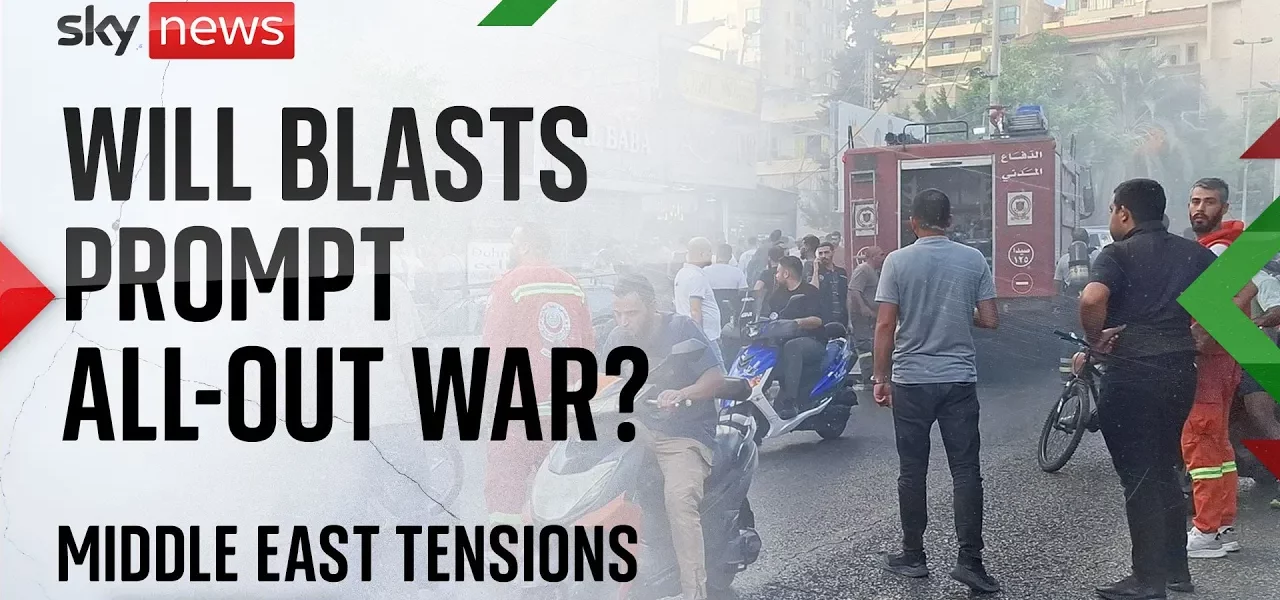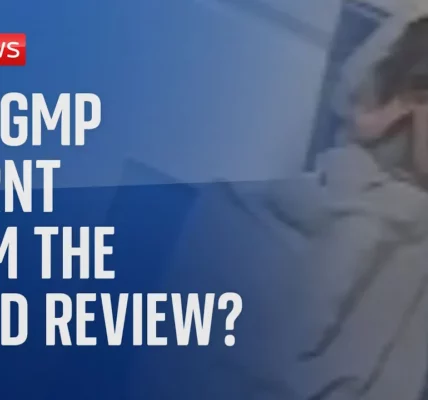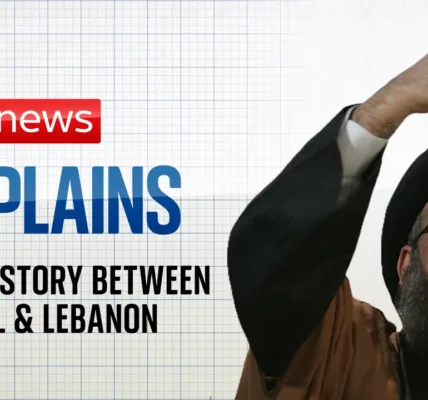Israel Enters New Phase in War with Hezbollah

In a significant escalation, Israel has announced a new phase in its ongoing conflict with Hezbollah, involving increased military actions and strategic military movements towards the Lebanese border. This article delves into the implications of these developments, examining the risks and opportunities that arise in this volatile region.
Introduction
The current situation in Israel is markedly intense, as the nation prepares to engage in a new phase of warfare against Hezbollah. The Israel Defense Forces (IDF) has mobilized additional troops and equipment, signaling a strategic shift towards the northern front. This development is part of an ongoing conflict that has persisted for nearly a year, with daily strikes against Hezbollah positions in Lebanon. The mounting tensions are underscored by the complexities of regional politics, military strategies, and the potential for broader conflict.
Military Movements and Strategic Shifts
As Israel continues its military operations, the movement of troops and equipment towards the Lebanese border signifies a critical turning point. The IDF Chief of Staff has approved battle plans aimed at countering Hezbollah’s influence and ensuring the safety of northern communities.
Increased Military Presence
The deployment of extra troops is designed to bolster Israel’s defenses and prepare for potential escalations. This military buildup includes:
- Enhanced surveillance and reconnaissance operations.
- Deployment of anti-drone systems to counter Hezbollah’s aerial capabilities.
- Increased artillery support along the northern border.
Ongoing Strikes Against Hezbollah
Israel’s tactical strikes against Hezbollah targets in Lebanon have become a routine operation. These strikes aim to disrupt Hezbollah’s operational capabilities, especially in light of recent drone attacks that resulted in casualties among Israeli soldiers.
Casualties and Impacts of Conflict
The violence has escalated, with reports indicating that two Israeli soldiers were killed by a Hezbollah drone and eight others injured by anti-tank missiles. This incident highlights the direct dangers faced by military personnel and the broader implications for Israeli society.
Hezbollah’s Response
Hezbollah has made it clear that it will not be deterred by Israeli military actions. The organization perceives itself as being persecuted and continues to engage in military operations, demonstrating its resilience and capability to retaliate.
Strategic Risks for Israel
Israel’s decision to escalate its military actions raises questions about the strategic wisdom of such moves. Potential risks include:
- Emboldening Hezbollah and increasing the likelihood of further retaliatory attacks.
- Potential international repercussions and condemnation.
- Escalation into a broader regional conflict involving Iran and other militant groups.
The Role of Iran and Broader Regional Implications
Iran’s influence in the region remains a critical factor in the conflict. Following the killing of Hamas leader Ismael Haniyeh in July, Iran has yet to retaliate, but it may now feel compelled to support its ally, Hezbollah.
Iran’s Political Landscape
The election of a new Iranian president, perceived as a moderate among hardliners, has implications for regional unity and responses to Israeli actions. His calls for solidarity in the Muslim world highlight the potential for heightened tensions across the Middle East.
Ceasefire Conditions and Ongoing Tensions
While Hezbollah has indicated a willingness to cease attacks on Israel should a ceasefire in Gaza be achieved, the underlying issues remain unresolved. The persistent presence of Hezbollah along the Israeli border poses an ongoing security threat.
Conclusion
The situation between Israel and Hezbollah is evolving rapidly, with the potential for significant military escalation. As Israel prepares for a new phase in the conflict, the interplay of military strategies, regional politics, and international relations will shape the future of this volatile situation. Understanding these dynamics is crucial for comprehending the broader implications for peace and security in the region. For more insights on Middle Eastern conflicts and their global ramifications, explore our related articles.
“`




